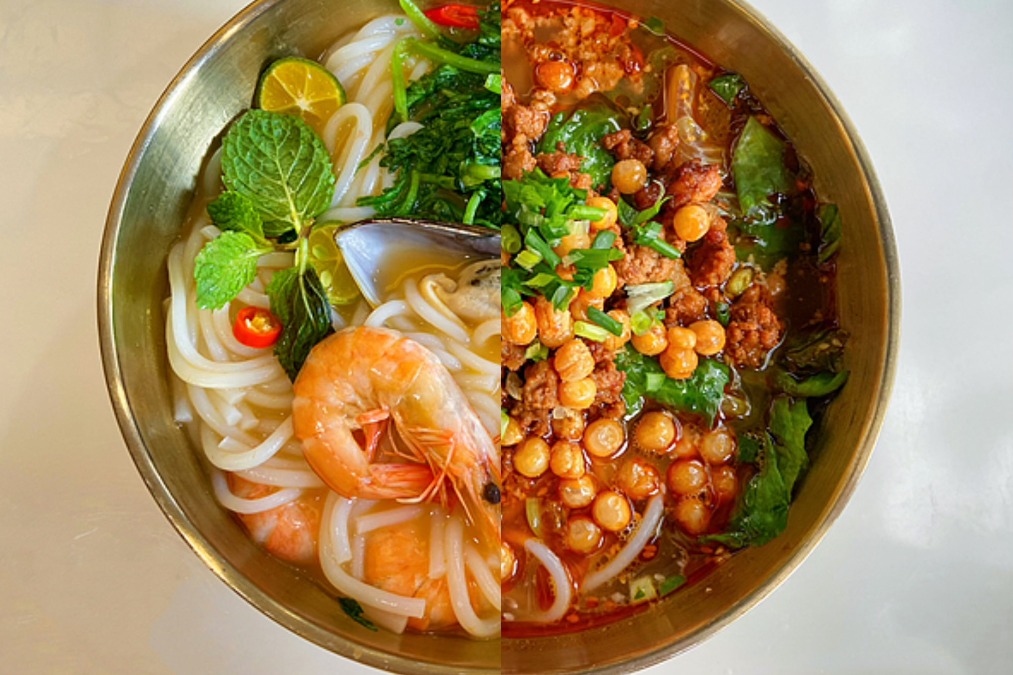Villagers start 'micro-factories' in courtyards amid epidemic

Wei Xuexin, a 74-year-old farmer in east China's Shandong Province, is working in a "micro-factory" in his own courtyard. His only workmates are his wife and daughter-in-law.
Packaging and labeling, the family is busy assembling fashion accessories for local factories in Ligezhuang Township in Jiaozhou city.
"Since the novel coronavirus outbreak, we have stayed at home for more than one month and were increasingly concerned about our income," said Wei. "By assembling accessories at home, we three can now earn over 100 yuan ($14) per day."
Ligezhuang has over 80 fashion accessories and craft factories, exporting products to North America and Europe with an annual sales turnover of near 100 million U.S. dollars. Due to the outbreak, many have suspended production.
To ensure the stability of local villagers' incomes and smooth resumption of local factories' production, the fashion accessories industry association decided to move factory workshops to the courtyards of villagers. Every day, the association delivers accessory parts to farmers and then collects the finished goods.
"The assembling of accessories and crafts needs a tremendous amount of hand labor. Seeing many farmers stay at home without income during the epidemic, we came up with this idea," said Wei Zhaojiang, vice president of the association.
There were fewer than 2,000 people working on accessories and crafts assembly at home in the township, but now the number has surpassed 5,000, according to Wei.
"Their work efficiency at home is very high. The number of overseas orders has risen to the level of last year's same period," said Wei. "We are confident in pulling through."
Zhang Shuiping, manager of a local craft company, said his company benefits a lot from the micro-factories. "Many workers from other provinces can't return to work. Local villagers working from home help us deliver products on time," Zhang said.
In Puji Township in Jiaozhou, more than 20 villages also set up such micro-factories in farmers' courtyards to produce curtains and other products.
In Li Danjun's home, eight villagers wearing masks are working on their sewing machines to make curtains for Australian customers.
"I work eight hours each day and earn over 4,000 yuan a month," said Li. "I am happy and relieved to have a steady income without leaving home at this time."




































